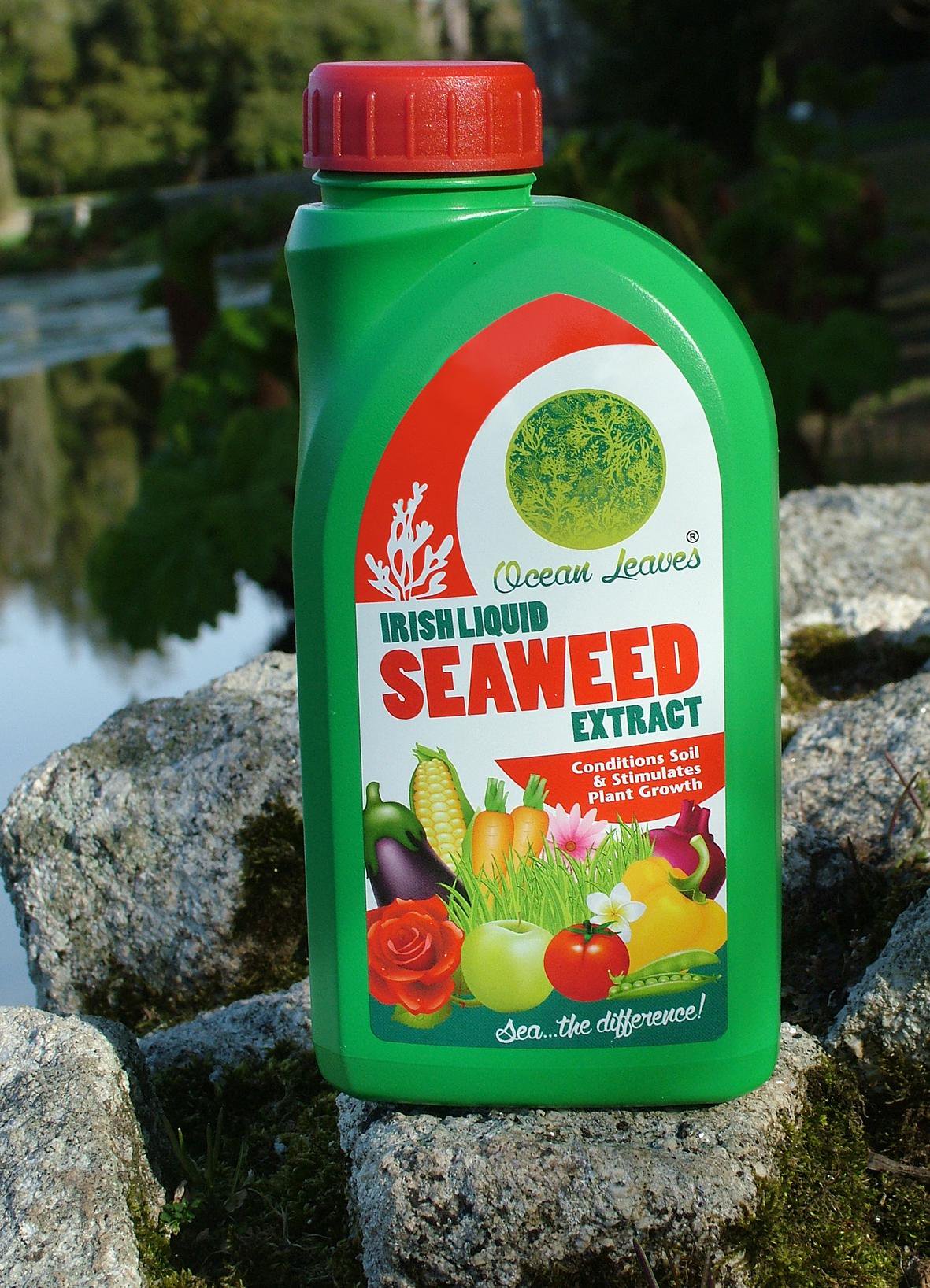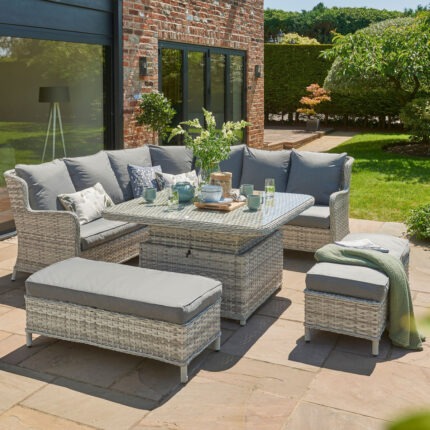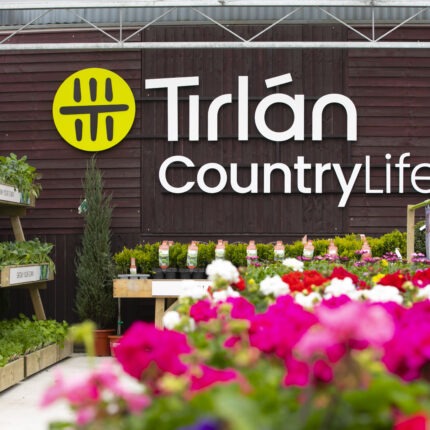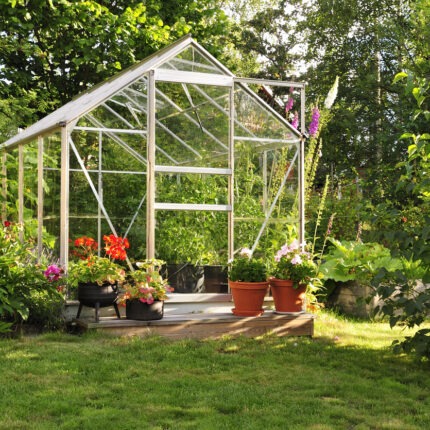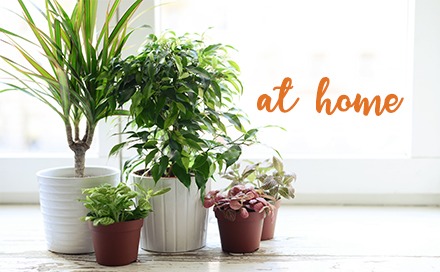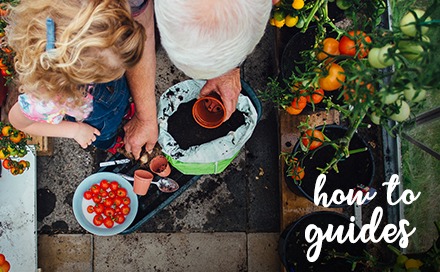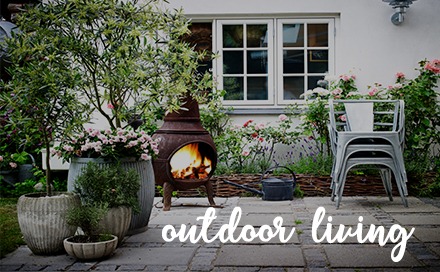Getting Ready to Grow
The welcome spring sunshine is spurring us all to plot and plan for a season ahead in which our vegetable gardens will be bursting with fresh, mouth-watering produce.
After a good few months of dormancy over winter, I always like to start out in the vegetable garden with a good tidy up. I like to spend a bit of time making sure the soil is weed free and devoid of debris that may have blown into it over the winter months. It’s tough but worthwhile work.
Early spring is the perfect time for me to sit down for an hour or so to map out what I plan to grow and where I
Crop rotation in a vegetable garden
Crop rotation is critical as it:
- Helps control pests and diseases
- Improves the structure of your soil
- Boosts soil which will quickly become lacking in the key nutrients that particular crop needs as they will have been used up over the previous few years.
Preparation is key
If you planted any green manures last autumn, now is a very good time to cut them back. Dig the roots through the soil so that they can start to breakdown before you plant in the soil.
Once you have the site ready, you can start to think about planting all of your vegetables. While we may still be a few weeks off from planting seeds in the ground (as the soil still needs to warm up more) you can purchase young plants of Cabbage, Cauliflower, Brussels Sprouts and Broccoli now.
Getting your plants in the ground once it has warmed up a little gives them an advanced start on the growing season. By using young plants, you will also be harvesting crops a good few weeks earlier than if you were starting from seed.
Slug prevention in a vegetable garden
If you are planting young brassica plants, it is very important to watch out for slugs and snails, particularly if the weather turns damp again. Slugs and snails can totally wipe out your plants over just one night. It is important to create a good barrier of protection around your plants to avoid this. I use a mixture of slug pellets and beer traps in my own garden and find them very effective.
The slug pellets I use are called Sluggo.
They are organic and harmless for pets and other wildlife, the active ingredient is a naturally occurring iron compound. If you prefer to avoid plastic containers they are also available in a cardboard pack.
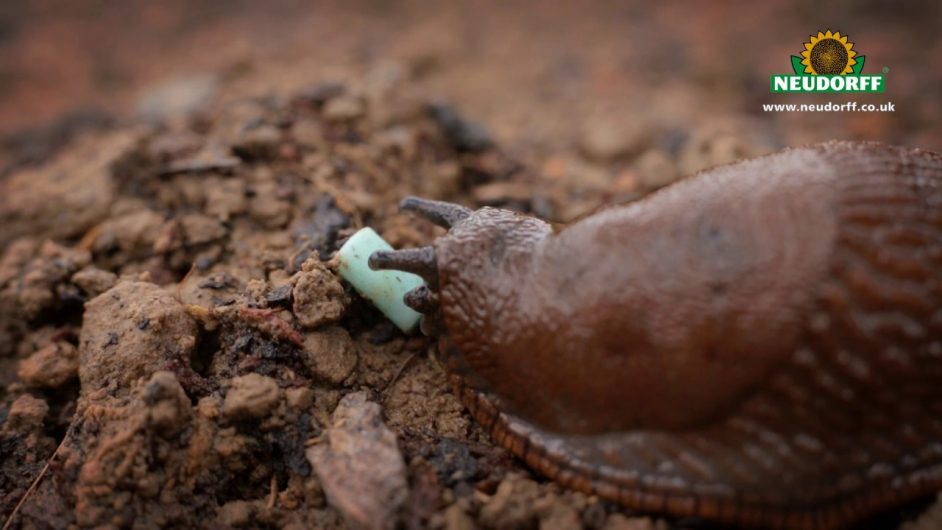
Top tip to boost your vegetable crop
Apply some seaweed feed (either liquid or pellets) after a few days to get them off to a great start.
